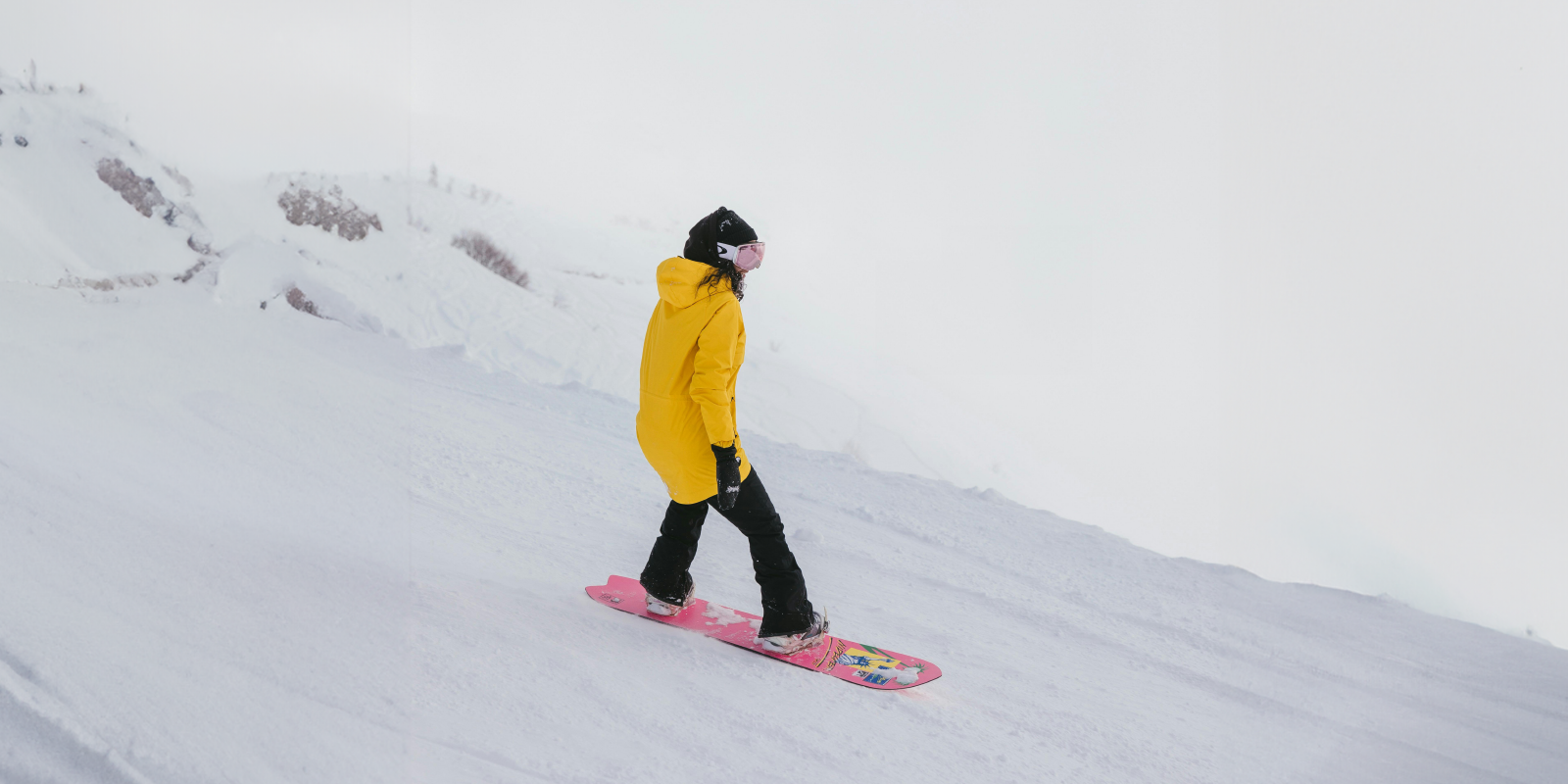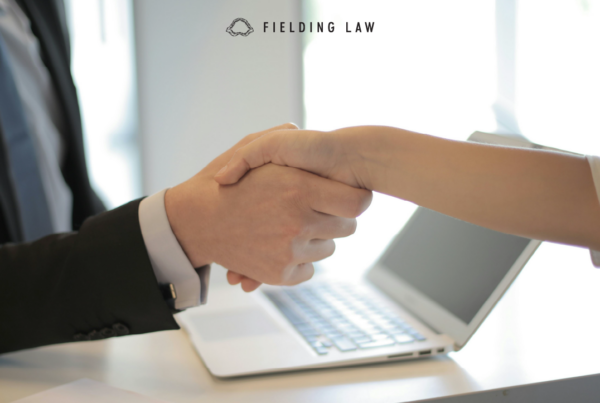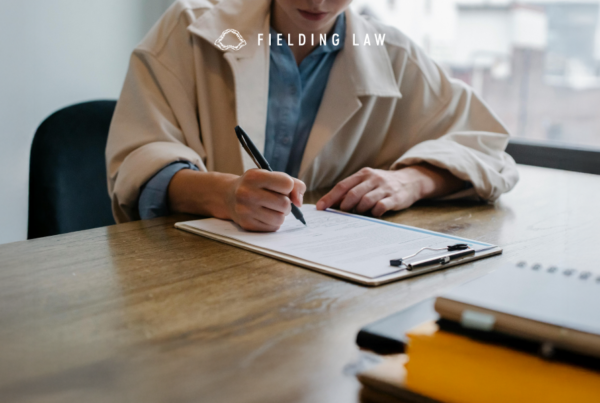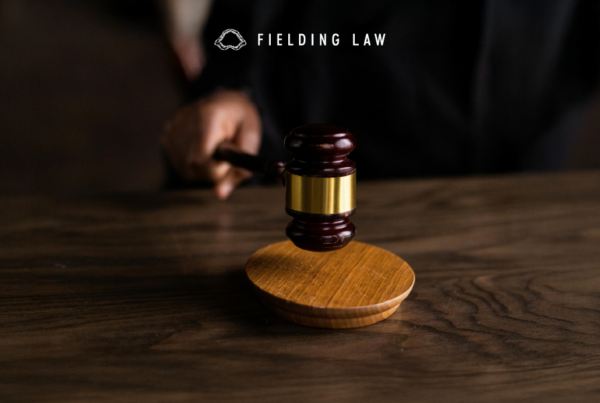Most people do not realize that homeowners’ or renters’ insurance can cover accidents on ski slopes. These policies often include “no-fault” medical payments and liability coverage, which pay for injuries caused by negligence. If someone else causes your injury while skiing or snowboarding, their insurance may cover your medical expenses and other damages.
How Homeowner’s and Renter’s Insurance Works
Homeowner’s and renter’s policies offer two key types of coverage for skiing and snowboarding accidents:
Liability Coverage: If someone causes an accident, their homeowner’s or renter’s insurance may cover your injuries. This coverage helps with medical bills, lost wages, and compensation for pain and suffering.
Medical Payments Coverage (Med Pay): Med Pay covers medical expenses up to a limit, even if no one is at fault. Typical limits range from $1,000 to $5,000.
If the cost of injuries exceeds these limits, umbrella insurance can provide extra coverage.
How the Claims Process Works
After a skiing or snowboarding accident, the claims process can be overwhelming, especially when dealing with insurance companies. Here is a breakdown of how the process typically unfolds:
Reporting the Incident: The first step is reporting the accident to the responsible party’s insurance company. In the case of a ski accident, this would likely be the homeowner’s or renter’s insurance of the skier or snowboarder who caused the accident.
Filing a Claim: After reporting the incident, a claim is opened. The insurance company will review the details, including witness statements, medical reports, and accident circumstances. It is important to gather all necessary evidence, such as photos of the accident, medical records, and any police or incident reports from the ski resort.
Insurance Investigation: The insurance company investigates the accident to determine fault and assess the damages. This may involve reviewing medical records, interviewing witnesses, or conducting site inspections.
Negotiating Compensation: Once liability is established, the next step is negotiating a settlement. This often requires legal assistance to ensure you receive fair compensation. The amount may cover medical expenses, lost wages, pain and suffering, and additional damages depending on the severity of the injury.
Settlement: After negotiation, the insurance company offers a settlement. If the compensation covers your needs, the claim is resolved. If not, further legal action may be necessary.
Hiring an experienced personal injury attorney can significantly improve your chances of getting fair compensation. They will guide you through every step of the claims process, ensuring your rights are protected and that insurance companies do not shortchange you.
How to Use These Policies After an Accident
After a skiing or snowboarding accident, if the at-fault party has homeowner’s or renter’s insurance, you can file a claim. Here is how:
- Medical Bills: Med Pay covers immediate medical costs like doctor visits, hospital stays, and emergency care.
- Liability Claims: If another person’s negligence caused the accident, their insurance can help pay for long-term treatments, surgeries, lost wages, and emotional distress.
- Umbrella Coverage: If damages exceed policy limits, umbrella insurance can provide additional funds. This coverage helps in cases with severe injuries.
Real-World Example: One of Fielding Law’s Recent Cases
We recently represented a client involved in an accident at Arizona Snowbowl in Flagstaff, Coconino County. While snowboarding, a skier collided with her, causing her to fall and fracture her wrist. She required two surgeries. Fortunately, the defendant skier’s parents had homeowner’s insurance, which covered her injuries since their son was at fault. She recovered $151,000: $100,000 from the homeowner’s policy, $1,000 from Med Pay, and $50,000 from an umbrella policy.
Why Hire Fielding Law
If a skiing or snowboarding accident injured you, Fielding Law can help. We specialize in personal injury cases and will fight for your compensation. Call 833.88.SHARK to schedule a free consultation today.
Note: Information provided is for educational purposes and does not constitute legal advice. Always consult with a qualified attorney for legal concerns.





